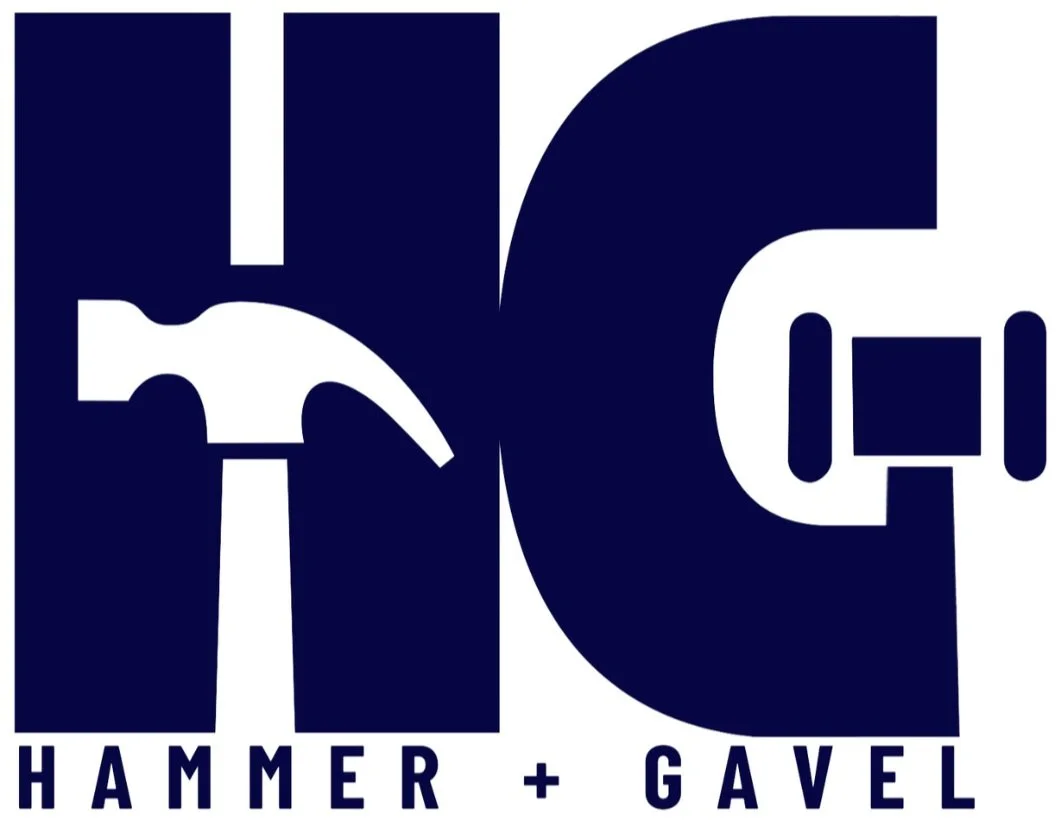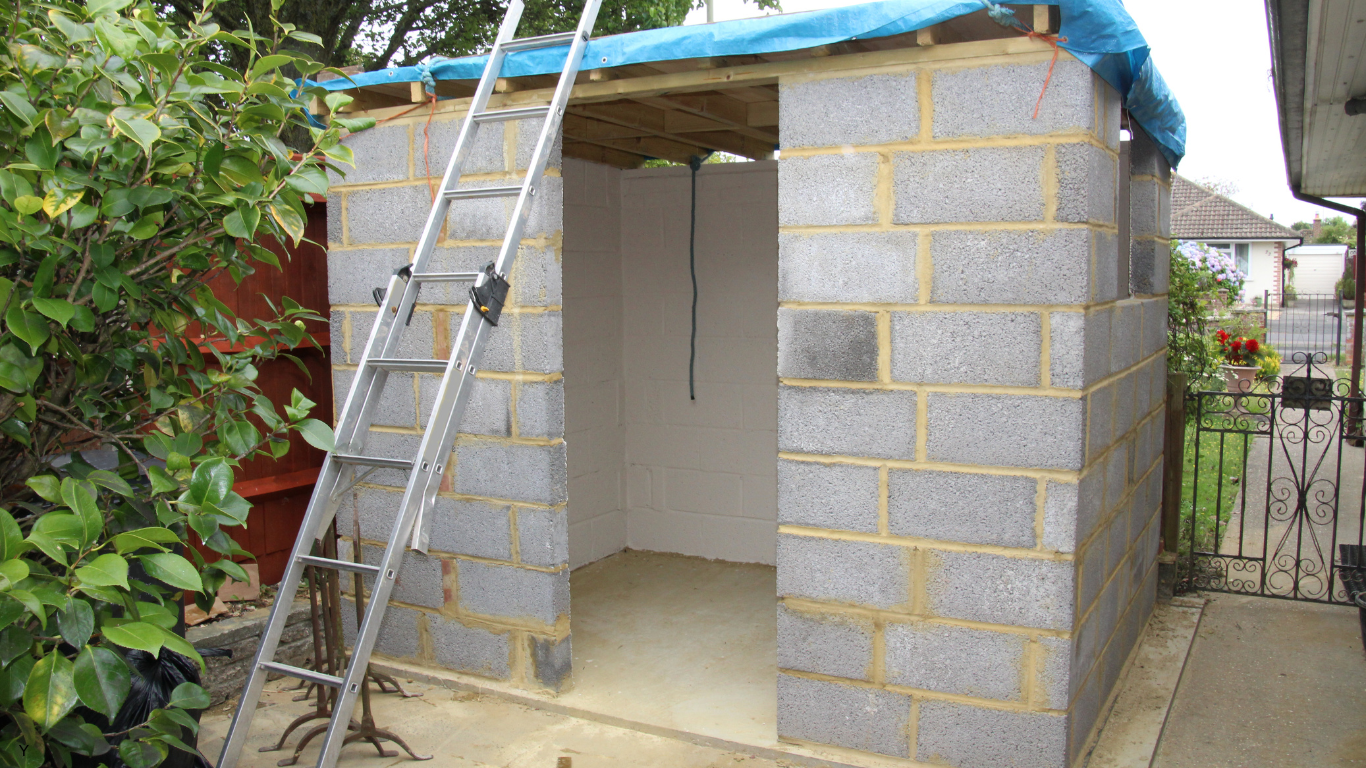Court Reverses Judgment Against Remodeling Contractor Over Homeowner’s Failure to Present Correct Measure of Damages
Vuletic Group LLC v. Malkin arises from dispute between a homeowner and a contractor regarding a home remodel. In 2018 the parties entered into a remodeling contract, and in November 2019, the homeowner terminated the contractor from the project. Shortly thereafter the contractor sued the homeowners for nonpayment and the homeowners filed a counterclaim for breach of contract and construction defects.
During trial, held in early 2023, the homeowners provided expert testimony regarding the cost to repair the home using costs as of September 2022. Those costs added up to approximately $414,000.00. Following trial, the court entered judgment in favor of the homeowners in that amount, plus prejudgment interest. The contractor appealed. On appeal, the contractor argued that the court incorrectly awarded damages after the date of the alleged breach of the contract, which was in late 2019.
Florida’s Fourth District Court of Appeal started by noting that “damages for a breach of contract should be measured as of the date of the breach.” The court also noted that recent decisions had confirmed this measure of damages and that reversal of an award that did not meet these requirements was appropriate where the homeowner did not present evidence of damages as of the date of the breach.
Here, the date of the breach was, at the latest, in November 20219, while the evidence presented was as to damages as of September 2022. The court concluded this required reversal, without an opportunity for the homeowners to present additional evidence. The court also concluded that the burden was on the homeowners to prove damages as of the date of the breach and not on the contractor to prove that the homeowners claimed damages were unreasonable. Accordingly, the appellate court reversed the decision and required the trial court to enter judgment in favor of the contractor.
The key takeaway from this case is that those involved in litigating a construction dispute should be mindful of the damages that can be sought and recovered in a case involving defective work. Not only will this be meaningful evidence in the event of trial, but it will also be meaningful to consider in evaluating settlement offers and the cost of litigation.
About the Author:
Jason Lambert is a Florida Board Certified Construction Attorney and Partner in the Construction Industry Practice Group at Hill Ward Henderson, in Tampa, Florida. He is also the founder and chief contributor to the Hammer & Gavel construction law blog. Jason focuses his practice on representing contractors, subcontractors, and materials suppliers throughout the state of Florida. Before law school, Jason spent a decade working in the construction industry, primarily as a project manager and operations director for both new construction and remodeling. He can be reached at jason.lambert@hwhlaw.com or 813-227-8495.







